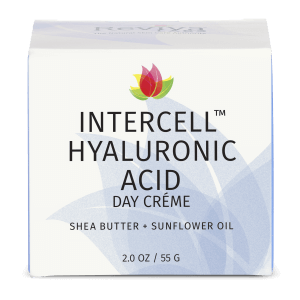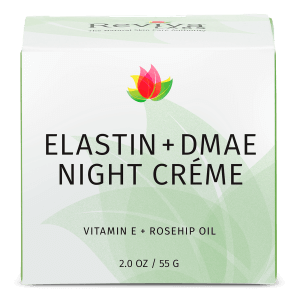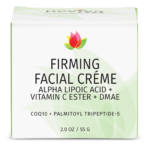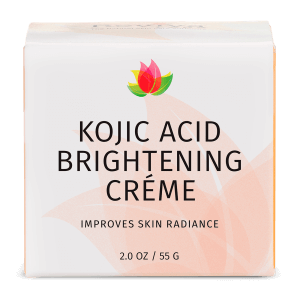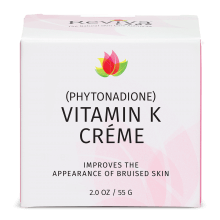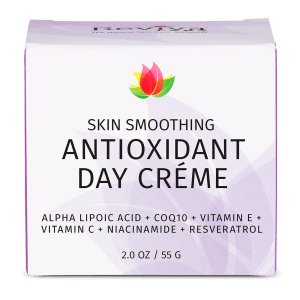Ingredients, Reviva Labs, Skin Care
The Vital Role of Vitamin D, Sun Exposure, and Skin Health
Vitamin D, often dubbed the “sunshine vitamin,” is a crucial nutrient for overall health, particularly for maintaining healthy skin. Our body synthesizes Vitamin D when our skin is exposed to sunlight, specifically ultraviolet B (UVB) rays. This process is vital for bone health, immune function, and skin cell growth and repair.
However, striking the right balance between sun exposure and skin health can be challenging. While the sun is a natural source of Vitamin D, excessive exposure can lead to skin damage, premature aging, and an increased risk of skin cancer. It’s essential to find a middle ground that allows for sufficient Vitamin D synthesis while protecting the skin from harmful UV rays.
Incorporating Vitamin D into Your Diet
For those concerned about sun exposure or living in regions with limited sunlight, incorporating Vitamin D-rich foods into your diet is an excellent alternative. Fatty fish such as salmon, mackerel, and sardines are among the best natural sources. Eggs, particularly the yolks, and fortified foods like milk, orange juice, and cereals also contribute to your daily Vitamin D intake.
In addition to dietary sources, supplements can help bridge the gap, especially for individuals at risk of deficiency. Consulting with a healthcare provider is advisable before starting any supplementation regimen to determine the appropriate dosage and ensure it aligns with your overall health goals.
Vitamin D in Skincare Products
The skincare industry has recognized the importance of Vitamin D for skin health, leading to an increase in products that incorporate this vital nutrient. Vitamin D-infused skincare products are designed to deliver the benefits of this vitamin directly to the skin, bypassing the need for sun exposure. This is particularly beneficial for individuals who may not get enough sunlight or who need to limit their sun exposure due to skin sensitivity or other concerns.
These products can play a significant role in supporting skin cell growth, repair, and metabolism. By promoting the production of healthy skin cells, Vitamin D can help maintain the skin’s natural barrier, reduce inflammation, and enhance its overall appearance. This can lead to a more radiant, youthful complexion and improved skin health.
When it comes to the types of skincare products that incorporate Vitamin D, the options are diverse. Here are some examples:
- Serums: Vitamin D serums are lightweight, fast-absorbing formulations that can penetrate deeply into the skin, providing concentrated benefits. They are ideal for targeted treatment and can be used to address specific concerns such as fine lines, wrinkles, or uneven skin tone.
- Moisturizers: Daily moisturizers with Vitamin D can help hydrate and nourish the skin while providing the added benefits of this nutrient. They are suitable for daily use and can help maintain the skin’s moisture barrier, preventing dryness and irritation.
- Sunscreens: Some sunscreens now include Vitamin D in their formulations. These products offer dual benefits by protecting the skin from harmful UV rays while also providing the positive effects of Vitamin D.
- Face Masks: Vitamin D-infused facemasks can provide an intensive treatment, delivering a high concentration of the vitamin directly to the skin. These masks can be used periodically to give the skin a boost and enhance its overall health.
When selecting skincare products with Vitamin D, it’s important to choose reputable brands that prioritize quality and effectiveness. Additionally, consider your specific skin type and concerns, as this will influence which products are most suitable for you. Whether you have dry, oily, sensitive, or mature skin, there are Vitamin D-infused products tailored to your needs.
The Sun and Skin: Finding a Healthy Balance
While moderate sun exposure is beneficial for Vitamin D synthesis, it’s crucial to practice sun safety to protect your skin. Wearing broad-spectrum sunscreen with an SPF of 30 or higher, seeking shade during peak sun hours, and wearing protective clothing can all help reduce the risk of skin damage.
Additionally, regular skin checks are essential for early detection of any changes or abnormalities. If you have concerns about your skin or sun exposure, consulting with a dermatologist can provide personalized advice and guidance.
Vitamin D plays a pivotal role in skin health, and understanding the connection between this nutrient, sun exposure, and your skin is essential for maintaining a healthy complexion. By incorporating Vitamin D into your diet, using skincare products enriched with this vitamin, and practicing sun safety, you can enjoy the benefits of the sunshine vitamin while protecting your skin from harm.







